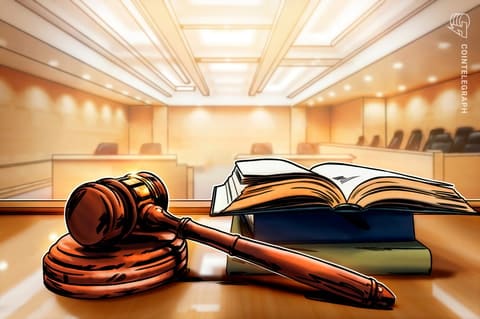Ghana’s mining sector faces potential international arbitration as competing ownership claims over the Black Volta Gold Project have escalated into a high-stakes legal confrontation that could expose the country to billion-dollar liability claims.
Engineers & Planners Company Ltd has announced the successful acquisition of all issued shares of Azumah Resources Ghana Ltd and Upwest Resources Ltd, following share transfer agreements registered with the Registrar. However, Azumah Resources Ghana has denied reports of the takeover, insisting it remains the rightful owner and pledging over US$100 million in investment.
The conflicting claims have created an unprecedented ownership dispute over one of Ghana’s most significant undeveloped gold projects. Azumah Resources has categorically rejected E&P’s acquisition announcement, describing the takeover claims as false and lacking legal foundation. The company maintains that no legitimate share transfers have occurred and that it continues as the lawful operator of both the Black Volta and Sankofa Gold Projects.
This dispute represents more than a simple corporate disagreement. Azumah has threatened to file applications with the International Court of Arbitration to challenge what it characterizes as an unlawful seizure of its assets. The company has warned that any forced expropriation could trigger international legal action seeking damages exceeding US$1 billion, citing violations of both national and international investment protection laws.
The timing of this escalation is particularly significant for Ghana’s international reputation. According to Azumah’s statements, E&P had previously abandoned its claims against the company, a resolution that had been publicly celebrated at the Africa Down Under conference in Australia. Minister for Lands and Natural Resources Emmanuel Armah-Kofi Buah had used this apparent settlement to showcase Ghana as a stable and predictable investment destination to global mining investors.
The Black Volta and Sankofa Gold projects have remained undeveloped for nearly two decades due to capital constraints, shifting investor priorities, and protracted legal disputes, frustrating local communities and depriving Ghana of potential revenues. This prolonged stagnation has created additional pressure for resolution, but the current ownership battle threatens to extend delays indefinitely.
The government had previously attempted intervention to resolve the dispute. In July, Minister Buah ordered both Azumah Resources and E&P to resolve their differences amicably within seven days, warning that failure would result in governmental decisions “in the best interest of the country”. However, recent developments suggest this ministerial directive has not achieved the intended reconciliation.
Legal complexity surrounds the ownership claims. A temporary injunction from a Ghanaian court in June directed both parties to “maintain the status quo,” preventing either side from altering current ownership or operational control until substantive issues are resolved. E&P’s recent acquisition announcement appears to contradict this judicial directive, potentially creating additional legal complications.
The international implications extend beyond bilateral disputes between the companies. Ghana’s ability to attract foreign mining investment depends heavily on its reputation for respecting property rights and maintaining predictable legal frameworks. Any perception that the government cannot guarantee security of tenure for international investors could significantly impact future investment flows into the sector.
Previous international arbitration cases involving African mining projects have resulted in substantial financial awards against host governments. The threat of billion-dollar liability claims is not merely theoretical, as international investment tribunals have consistently ruled in favor of foreign investors in cases involving alleged expropriation or breach of investment agreements.
The Black Volta Gold Project represents significant economic potential for Ghana’s Upper West Region. The development could provide substantial employment opportunities and government revenues, making resolution of the ownership dispute crucial for both local communities and national economic interests.
As the legal battle intensifies, the case is transforming from a domestic commercial dispute into a test of Ghana’s commitment to rule of law and investor protection. The ultimate resolution will likely influence international perceptions of Ghana’s mining sector for years to come, making this more than just a corporate ownership battle but a defining moment for the country’s investment climate.
The escalation toward international arbitration signals that neither party appears willing to compromise, setting the stage for a protracted legal confrontation that could ultimately be decided in international forums rather than domestic courts.
Source: newsghana.com.gh











